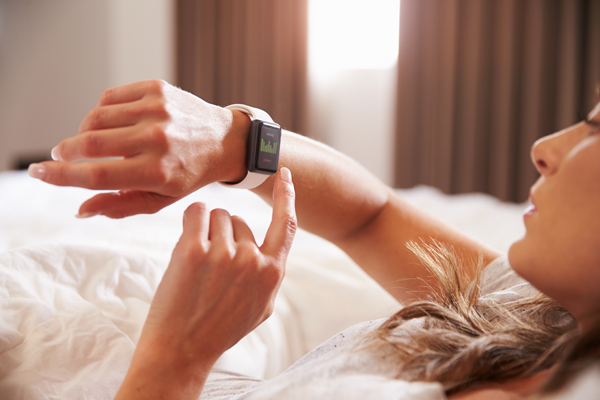A research program funded by the National Institutes of Health (NIH) will incorporate Fitbits into its health data collection efforts. The popular wearable fitness tracker will now feature prominently on the wrists of 10,000 participants in the All of Us Research Program, which seeks to accelerate disease research efforts by collecting data from one million participants in the US.
In particular, the researchers involved in the All of Us project want to learn how different lifestyle, environmental and genetic factors affect health and susceptibility to disease. As the Fitbit collects data on an individual’s level of physical activity, heart rate and sleep quality, the device is a good fit for this type of observational study.
The Scripps Translational Science Institute (STSI) will be leading participant enrollment in the study through The Participant Center, with the goal of engaging diverse individuals from cities across the country. The STSI will provide as many as 10,000 Fitbit devices – including the Fitbit Charge 2 and Fitbit Alta HR – to participants for a one-year pilot study.
“As part of the global shift towards precision medicine, wearable data has the potential to inform highly personalized healthcare,” said Adam Pellegrini, General Manager of Fitbit Health Solutions. “Through this historic initiative, we will be able to see the role that Fitbit data can play on the path to better understanding how individualization can help to prevent and treat disease.”
Fitbits are the most commonly used fitness trackers in research settings, according to a study published in the Federation of American Societies for Experimental Biology (FASEB) Journal. Over 80 percent of clinical trials that incorporate a fitness tracker use a Fitbit, making it the most commonly-used wearable in research areas including diabetes, oncology and cardiovascular health.
“Most of what researchers know is based on intermittent snapshots of health in an artificial setting or based on personal recall,” said Dr. Steven Steinhubl, Cardiologist and Director of Digital Medicine at STSI. “Through this research program, we’ll have access to comprehensive activity, heart rate and sleep data that may help us better understand the relationship between lifestyle behaviors and health outcomes and what that means for patients on an individualized basis.”












Join or login to leave a comment
JOIN LOGIN